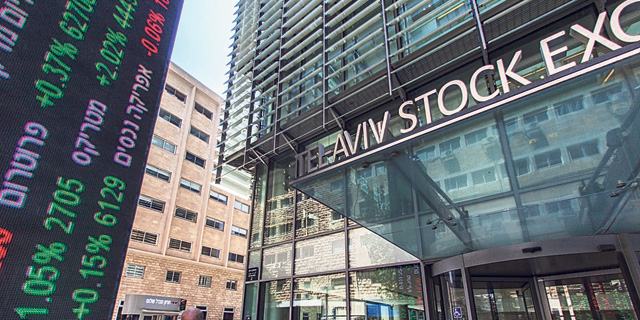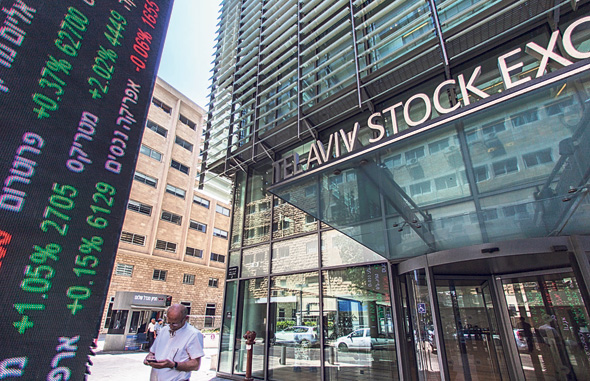
Coronavirus
It is not 2008 All Over Again, Israeli Regulators Assure
Israel’s leading financial regulators all issued calming messages Monday after TASE’s indices closed down two days in a row
Stock markets may be crashing around the world due to the spread of coronavirus (Covid-19), but don’t panic just yet. Three of Israel’s leading financial regulators—the governor of the Bank of Israel, the banking regulator, and the chairwoman of the Israel Securities Authority—as well as the CEO of the Tel Aviv Stock Exchange (TASE) issued a calming message Monday to the Israeli public. The gist of it? This is not the 2008 financial crisis.
Referring to the fact that TASE’s indices closed down two days in a row, Banking regulator Hedva Ber said it was a small bump in the road. “Even if the current forecasted scenario worsens, the system is still very stable,” she said. The stock market is severely undercutting banking stocks, partly because U.S. banking stocks are dropping so significantly, she said. The Bank of Israel is in constant communication with the Ministry of Finance and the Prime Minister, and is readying additional tools should they be needed, she added. Bank of Israel Governor Amir Yaron emphasized Israel’s strong macroeconomics and its stable banking system. He called a meeting with Ber and the CEOs of Israel’s seven largest banks yesterday to devise ways of handling the current situation and also established a special team headed by Deputy Governor Andrew Abir that will collaborate the bank’s crisis-related activity with other Israeli authorities. In the meeting, both Yaron and Ber conveyed a clear message to the Israeli banks: the Israeli banking system is entering the current crisis from a very good position, with very large capital reserves and much liquidity. It is up to the banks, therefore, to support local businesses with credit lines to enable them to survive the next two quarters. It is important that the banks will find the right balance between their credit policy and the economy’s financing needs, especially with regard to small and medium businesses, Yaron said, adding that even businesses with healthy economic activity could struggle in the short-term. TASE CEO Ittai Ben-Zeev also commented on the recent stock crashes. Throughout history, when markets crash, the public divests stocks and institutional investors collect at low prices, meaning they are the only ones to benefit later when the markets correct themselves, he said. “There is a big difference between an investment manager making an educated decision because he thinks the uncertainty in a certain sector necessitates reduced exposure and between what I feel is currently happening in the market—sales driven by panic and fear instead of calm decision making,” he said.“No one can estimate the impact of the virus,” Ben-Zeev said. “There is a scenario that discusses short-term growth being negatively impacted, and sectors that could lose from crowding restrictions being negatively impacted. There is a scenario where many deaths will bring the world to a halt, but that is a very extreme scenario. Many times, a bourse tries to anticipate the future, and tries to prepare for the worst-case scenario.”
A global recession that will last for several years and will hurt real economy is not the main scenario being discussed for the current crisis, Ben-Zeev said. “When it comes to trading, we’re seeing phenomena like in 2008. But then an American investment bank collapsed and there was real fear regarding the stability of the global financial system, none of those things are relevant to the current situation.”
